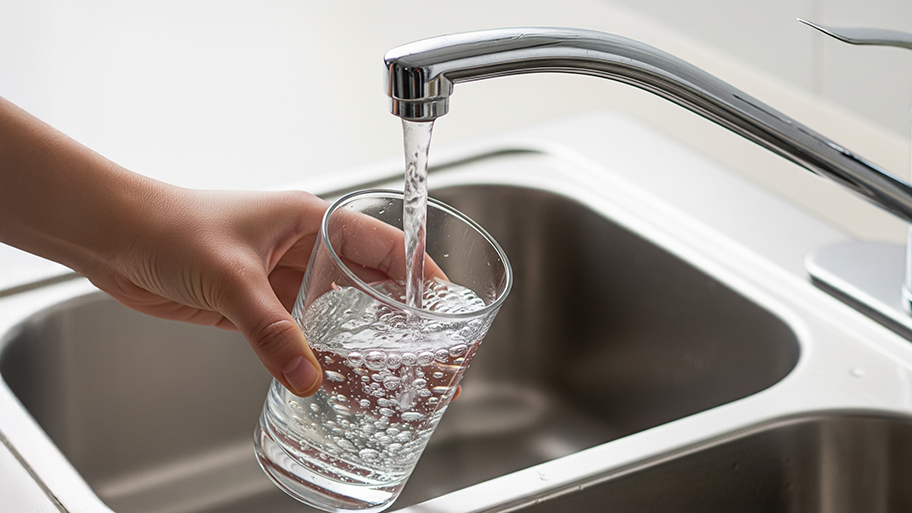
On average, a reverse osmosis water filter costs around $2,200, but there are a few variables that impact the total price. Learn about them in this guide.
It might not be bad to drink, but hard water can have other consequences


Water hardness is a measure of dissolved minerals, like calcium and magnesium, in your home’s water.
Hard water is not considered a health hazard for drinking purposes, but it can dry out your skin and hair.
Household hard water can be softened using water softening systems.
Hard water isn’t bad for you—or, at least, drinking it isn’t bad for your physical health. In fact, it can help you get essential minerals, like calcium and magnesium, you might not consume enough of otherwise. But hard water can have adverse effects on your plumbing system and appliances, and bathing in it can cause skin dryness and scalp itchiness. Here’s a closer look at the effects that hard water can have on your health and home.

First things first: What is hard water, anyway? The hardness of water refers to its concentration of dissolved minerals. The two most common culprits for hardening water are calcium and magnesium, but other minerals and metals, including iron and zinc, can also play a part.
Fortunately, many of the minerals that cause water hardness are important for human health. So, not only is hard water safe to drink, but it can also actually be good for you.
However, hard water can have some negative impacts when used for washing and bathing. Because those dissolved minerals can leave a film on your skin, hard water can have a drying effect, leaving your hands, face, and scalp feeling like they need more moisture. It can also exacerbate symptoms for people who live with eczema, especially children, according to a study published by the Wiley Online Library.
If you have hard water, along with drying out your hair and skin, you may notice other signs of water hardness in and around your home. These include:
Filmy residue on dishes: Even straight out of the dishwasher, your glasses may appear cloudy or covered in spots.
Rapidly fading or stiff clothing: Mineral buildup can fade your clothes more quickly than usual or leave your whites looking not so bright. Your towels might also lose their fluffiness and absorbency.
Lack of lather: When you rub your hands together or massage shampoo into your scalp, you may find the suds are lacking oomph.
Scale buildup and staining on appliances: From the rusty ring in your toilet to the crusty white goop in your dishwasher, those dissolved minerals can leave your appliances looking worse for wear and diminish their life spans.

If your hair is losing its luster or your hands are feeling cracked and dry, don’t worry. There are reliable ways to treat hard water and soften it. Water softening systems use a process called ion exchange to remove excess minerals and metals from your household water supply. Water softeners can cost up to $6,000. They aren’t necessarily budget-friendly, but they can be worth it in the long run.
While hard water isn’t considered a health hazard, softer water can save you money by increasing the longevity of your appliances and saving you money on soap over time (because it takes less to get a lather with softer water). If you’ve still got questions or want to get started on your own water-softening journey, contact your local water softener installation company.
From average costs to expert advice, get all the answers you need to get your job done.

On average, a reverse osmosis water filter costs around $2,200, but there are a few variables that impact the total price. Learn about them in this guide.
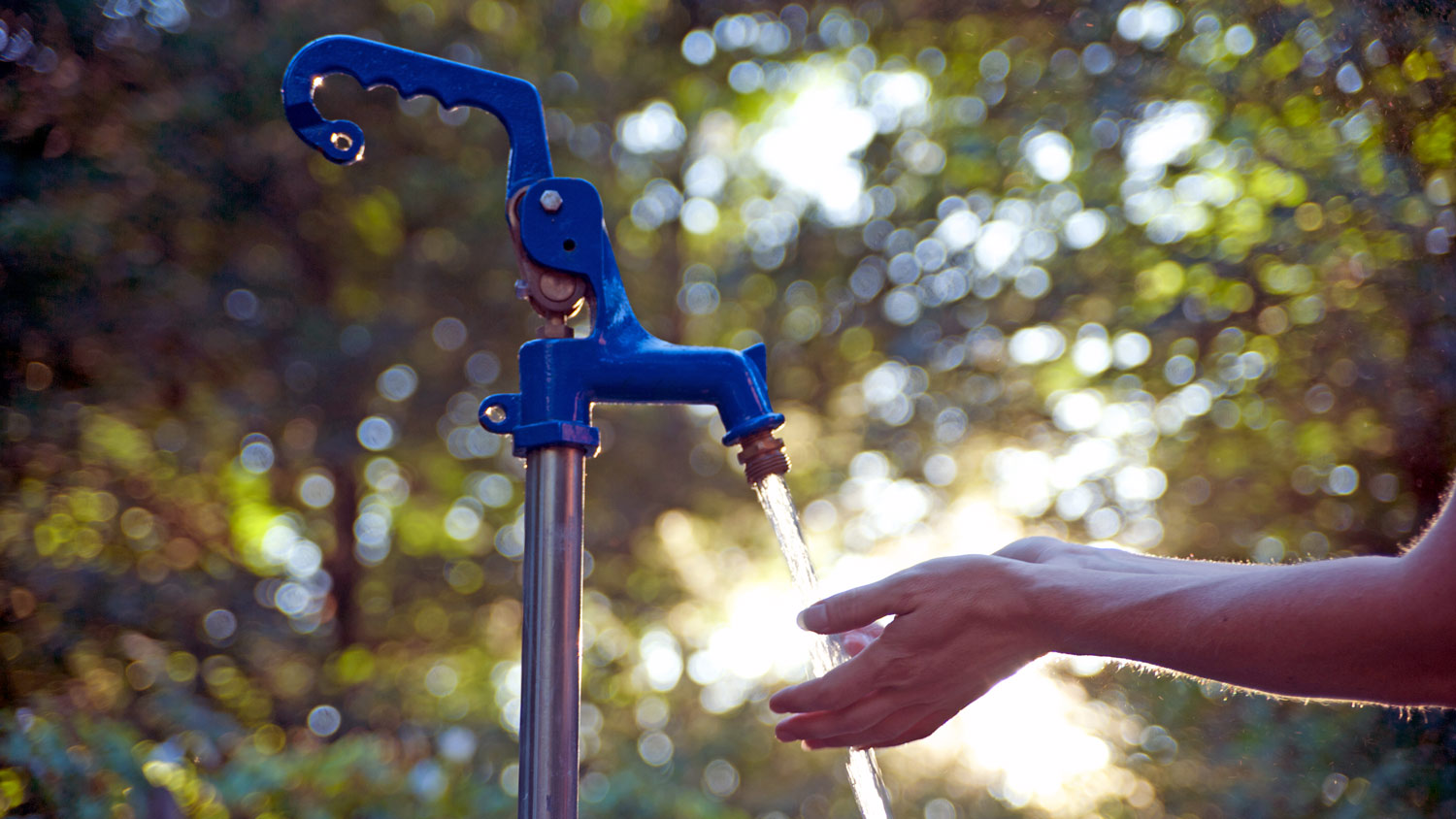
Discover how much well water treatment systems cost, including installation, maintenance, and tips to save. Get expert insights to plan your water system project.
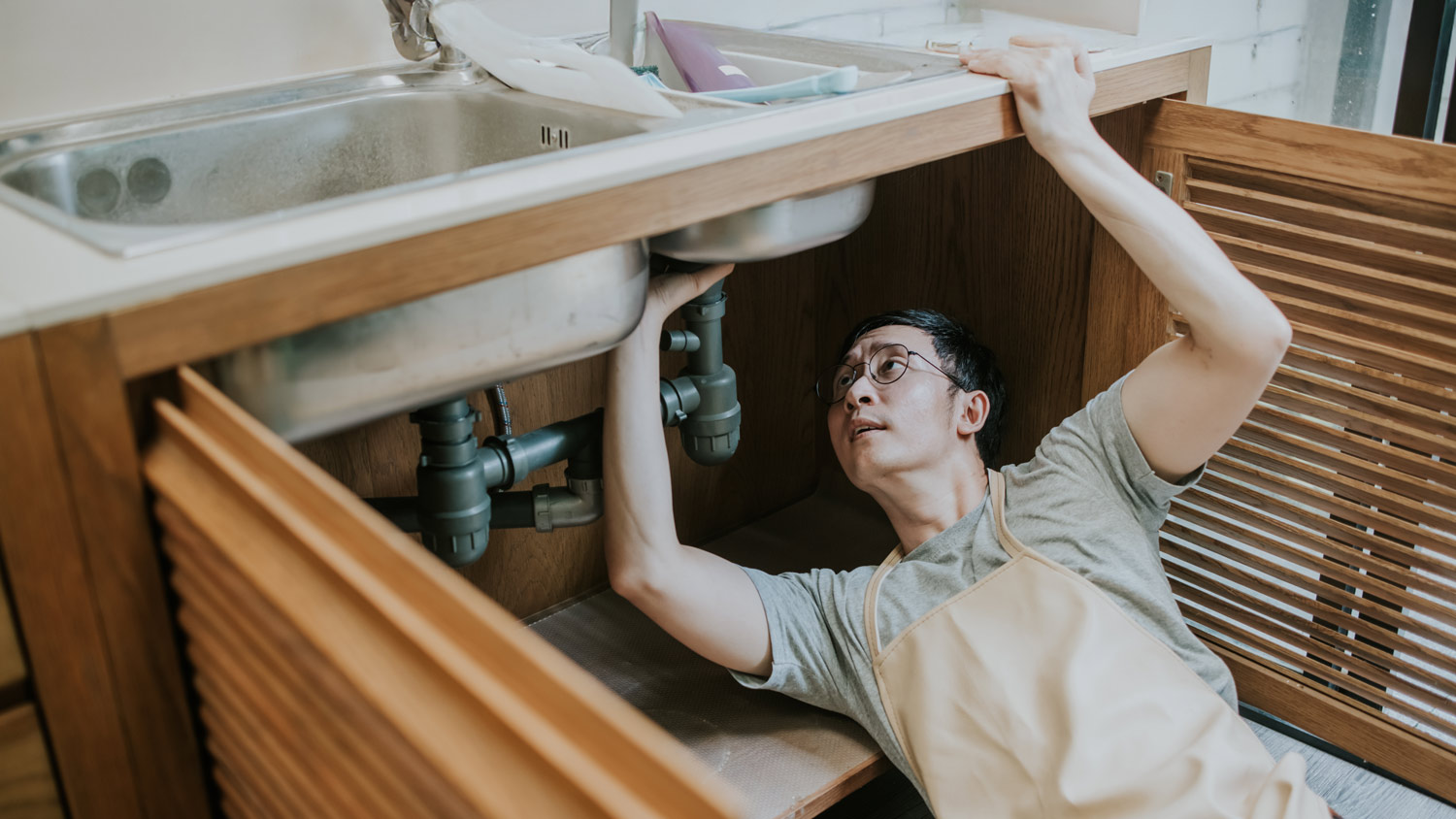
Your cost to install an under-sink water filter will depend on the type and size of system you choose and whether you need professional installation.

Removing a water softener for repair or replacement requires a few tools but a lot of skill. Learn how to remove a water softener like a pro with this guide.
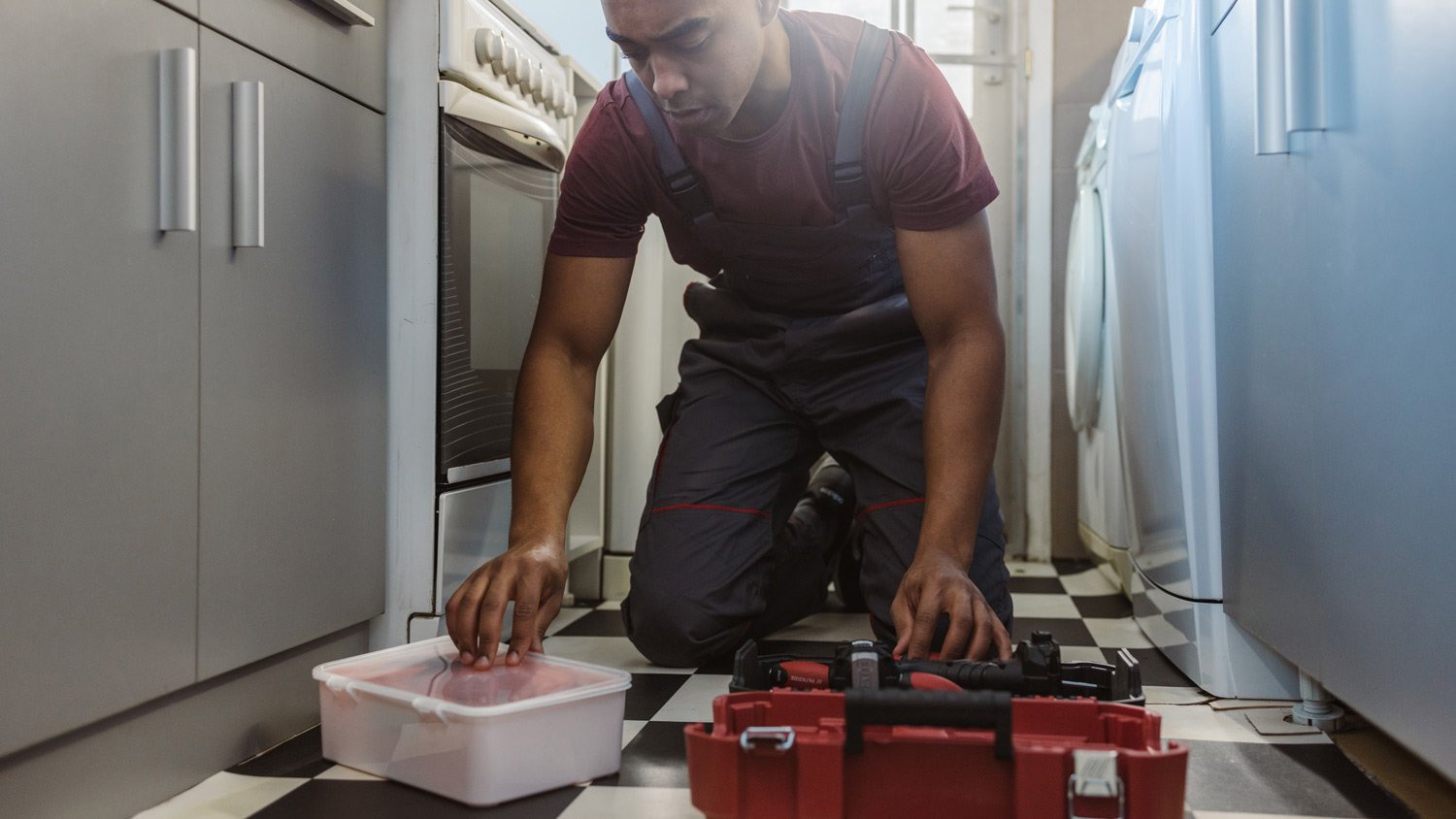
Learn who installs water softeners, including plumbers, technicians, and even DIY-ers, and find the right expert to solve your hard water issues for good.
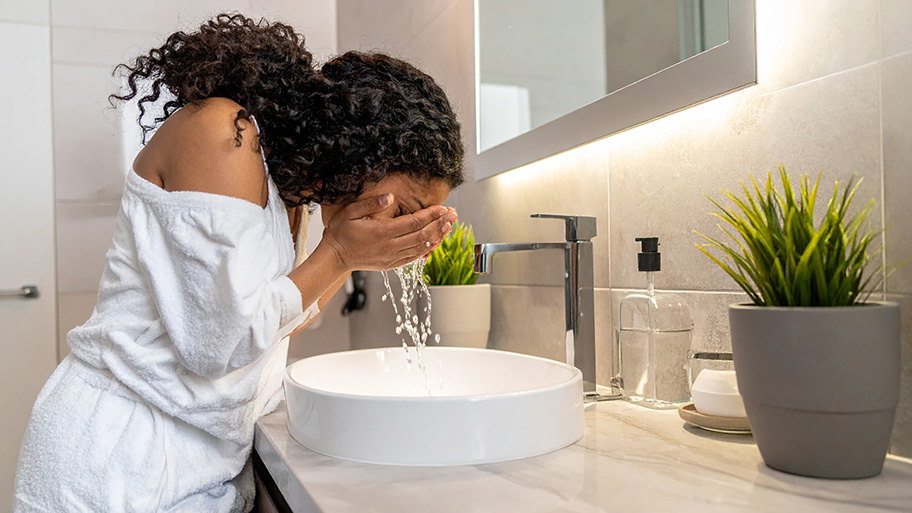
There are many pros and cons of salt-free water softeners that could impact your decision to buy one. Stay tuned to learn more about salt-free water softeners.